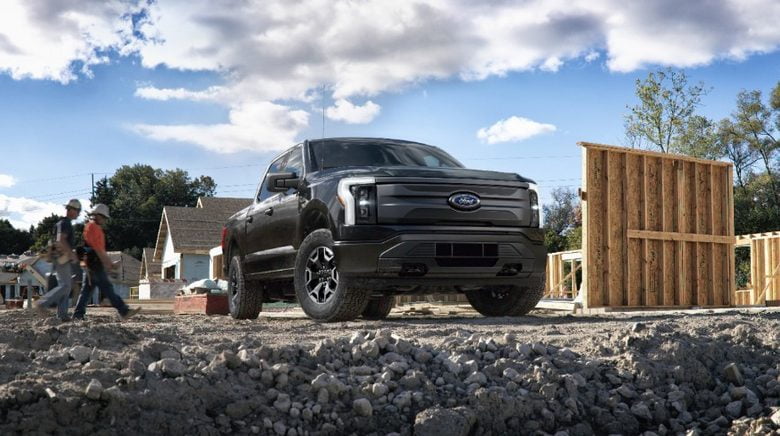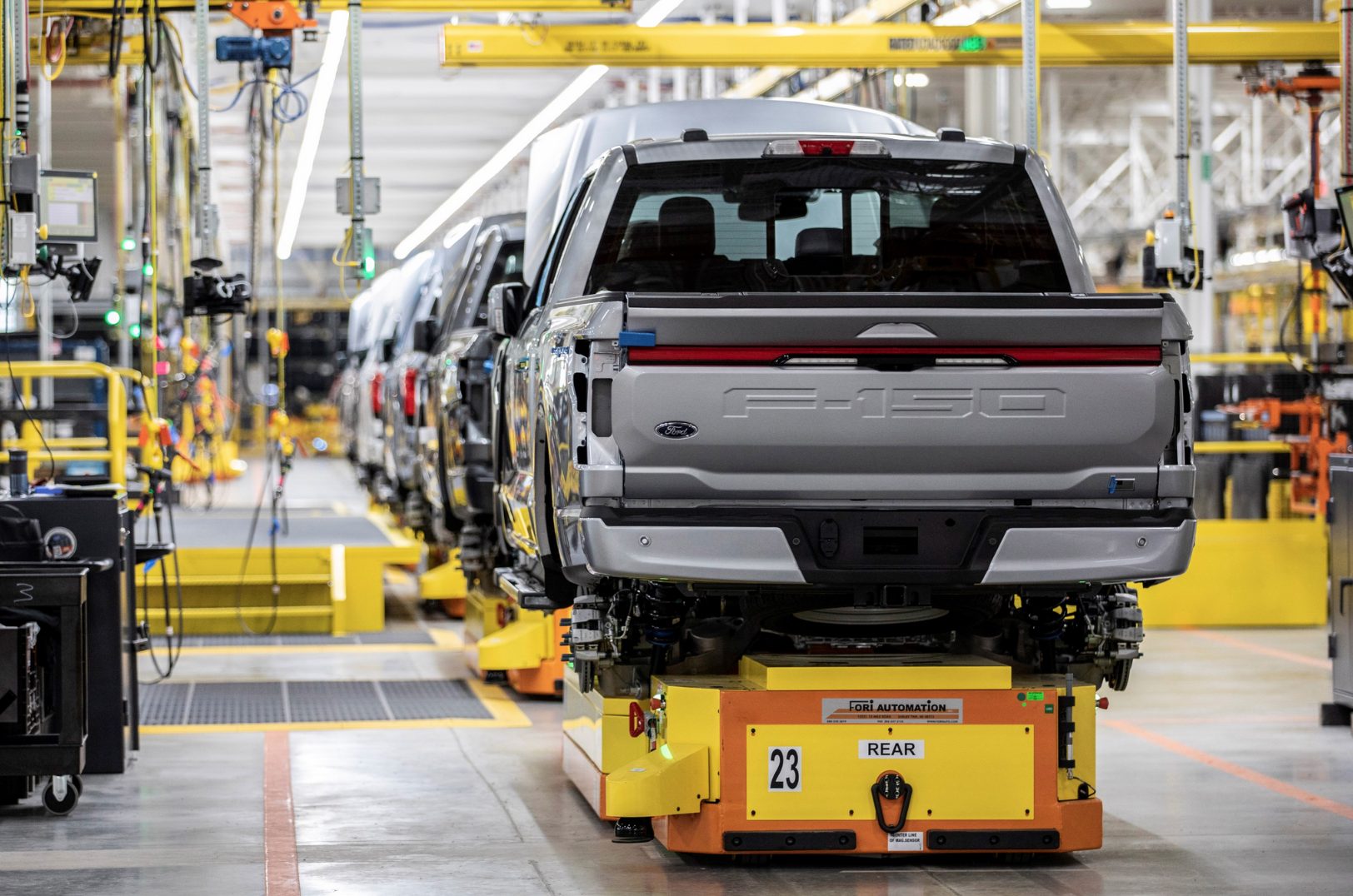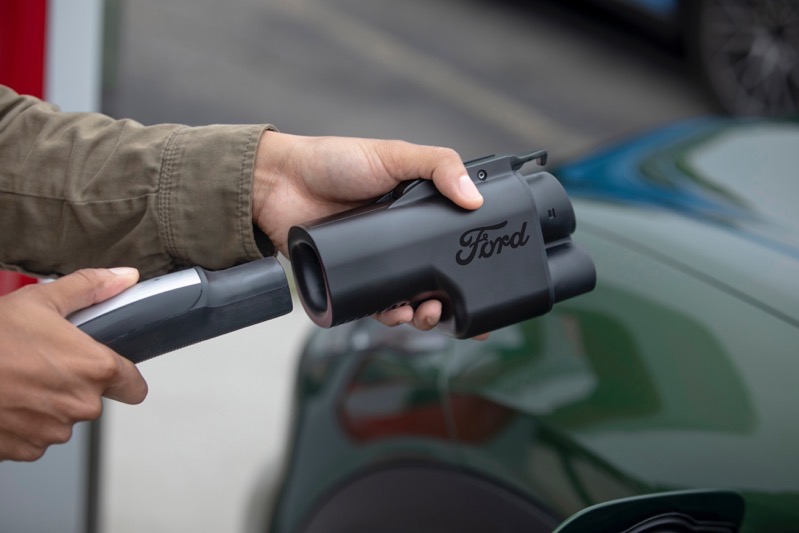Ford Scraps Joint EV Plans with Rivian, Will Make Cars on its Own

Ford and Rivian had plans to jointly develop an electric vehicle together, but that idea has been canceled, confirmed both companies to Automotive News.
According to Ford CEO Jim Farley, he cited “growing confidence” in the automaker’s ability to “win in the electric space”, in an interview on Thursday with the publication. Farley said Ford’s direction has changed and they are going to develop their own electric vehicles.
“As a leader of Ford I get really excited, because there hasn’t been a chance to transform Ford and create this much value since we scaled the Model T,” Farley said. “The chance to emerge out of this transition to a digital product with a much higher valuation is now much clearer,” he added.
Ford invested $500 million into Rivian back in 2019 and later increased its stake to $1.2 billion. Farley said he had “mixed emotions” seeing Rivian, Tesla and Lucid’s market caps surpass Ford. He compared the relationship to Rivian as “like a brother or a sister”, since Ford is an investor in the electric vehicle startup. He said the relationship between both companies remains strong.
Rivian said the deal to nix a joint EV was “mutually decided”, as the company is dealing with its own projects and deliveries. Rivian said Ford is still an ally and investor on their “shared path to an electrified future”.
Ford said both companies have different business models and it would have been difficult to combine one company’s electric architecture with its own in-house software, as one reason for not working on a joint EV.
Farley said Ford’s three battery plants announced in September are not enough to meet demand, despite capacity at roughly 129 gigawatt hours.
Just yesterday Ford said it has plans to double its EV production to reach 600,000 cars annually by 2023, as it aims to rank as the second U.S. electric automaker–behind leader, Tesla.


Ford can’t stand its little brother to be richer…haha